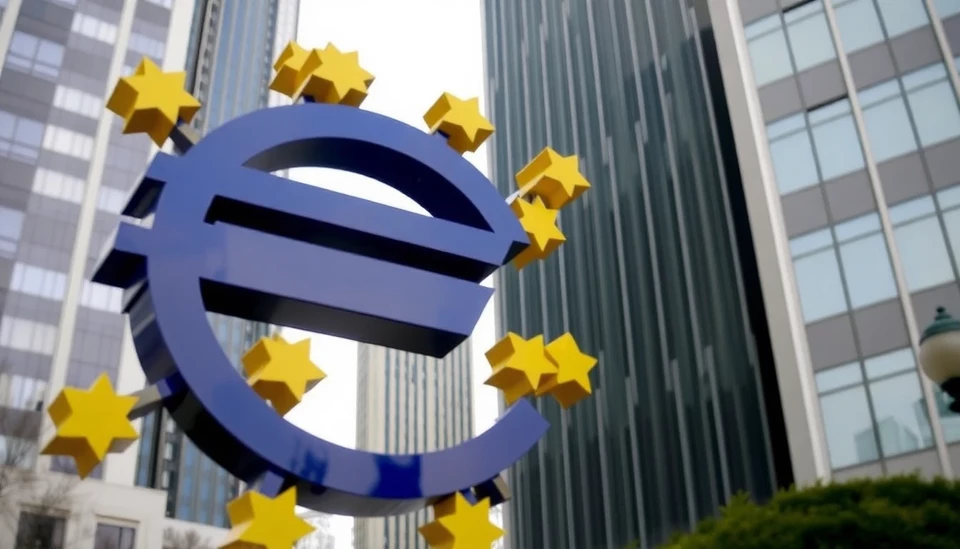
In a concerning development for the Euro Zone, the private sector economy has reported no growth for the second consecutive month, raising alarms among economists and market watchers alike. This stagnation is seen as a clear indicator of the ongoing economic challenges faced by the region, which has been under pressure from inflationary pressures and geopolitical uncertainties.
According to the latest data released, the private sector activity in the Euro Zone has shown a noticeable decline, with key indicators suggesting a sharp slowdown in both manufacturing and services. The composite Purchasing Managers' Index (PMI), a critical measure of private sector health, came in at a disappointing threshold, reflecting decreased output levels across various industries.
This recent downturn follows a series of economic disruptions, including supply chain issues that have persisted since the pandemic, as well as rising costs that have adversely affected consumer spending. The manufacturing sector has been particularly hard-hit, where output levels have contracted for several months, while the services sector has also shown signs of weakness, though to a lesser extent.
Analysts are expressing concern that without significant intervention or stabilization measures, the economic landscape within the Euro Zone may continue to deteriorate. Some experts are suggesting that the European Central Bank (ECB) may need to reconsider its monetary policy strategy in light of this new data, potentially leading to interest rate adjustments to spur growth.
The recent stagnation in the Euro Zone private sector comes at a time when global economic conditions remain volatile, influenced by central bank policies around the world, including those of the United States and China. As countries grapple with inflation and slow growth, the interconnectedness of these economies means that developments in one region can have ripple effects across the globe.
The ECB’s next steps will be closely watched not just for their immediate impacts on the Euro Zone economy but also for their potential influence on global markets, where investor sentiment may be swayed by signs of economic distress from this key European bloc.
As the situation develops, stakeholders, including investors, businesses, and policymakers, will be monitoring trends and updates to navigate through these challenging economic times.
#EuroZone #Economy #PrivateSector #GrowthStagnation #PMI #EuropeanCentralBank #Inflation #EconomicImpact
Author: Daniel Foster




